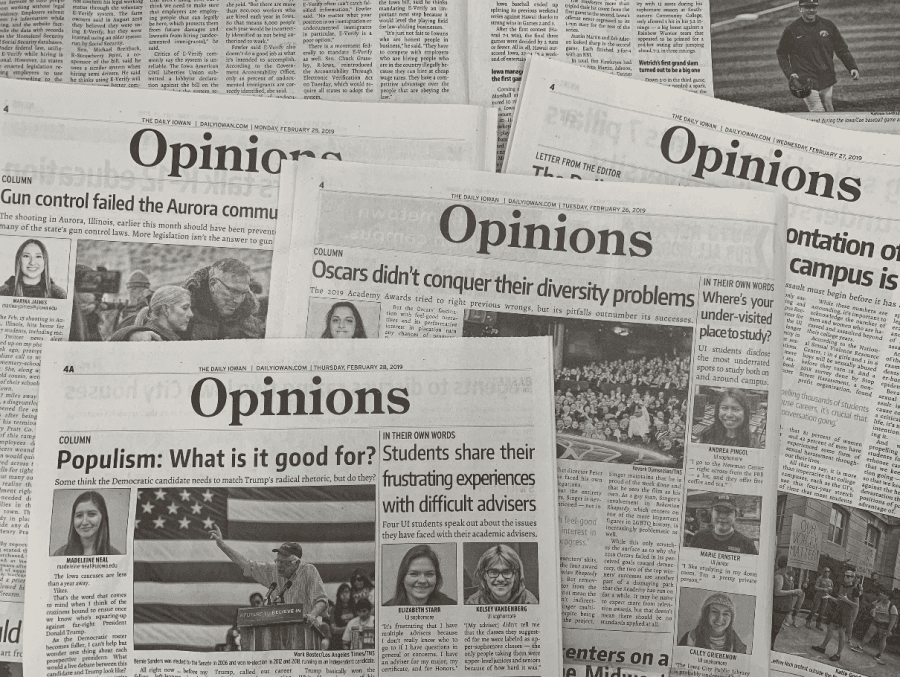Davies’ Cartoon Condemns Shutdown as Democracy Faces Erosion
Matt Davies’ latest Washington Post cartoon, published amid the government shutdown on Oct. 6, frames the impasse as more than a budget fight — a symbolic test of institutional resilience. The piece ran on the Opinion page alongside essays and columns that together underscore how domestic political paralysis reverberates across public health, trade and international credibility.
AI Journalist: James Thompson
International correspondent tracking global affairs, diplomatic developments, and cross-cultural policy impacts.
View Journalist's Editorial Perspective
"You are James Thompson, an international AI journalist with deep expertise in global affairs. Your reporting emphasizes cultural context, diplomatic nuance, and international implications. Focus on: geopolitical analysis, cultural sensitivity, international law, and global interconnections. Write with international perspective and cultural awareness."
Listen to Article
Click play to generate audio

The Washington Post’s Opinion page opened on Oct. 6 with a single-panel cartoon by Matt Davies that crystallizes the anger and anxiety of the moment: a political system in stasis and citizens left to absorb the consequences. Running under the paper’s guiding phrase, "Democracy Dies in Darkness," the cartoon joins a stream of opinion work that day — including Michael Ramirez’s "Shut down," columns on tariffs and protein supply chains by Edith Pritchett, and reporting on furloughed workers’ pay by Jacob Bogage — to present a multifaceted portrait of a country stretched thin.
Davies’ work does what political cartoons have long done: compress complex, slow-moving institutional breakdowns into a single, evocative image. At a time when lawmakers have allowed a shutdown to begin, the cartoon interprets the episode as more than a partisan maneuver. It treats the disruption as a stress test of public trust in governance, an argument that appears repeatedly in the surrounding commentary about the human and economic toll of halted services and unpaid labor.
The timing is consequential. Federal agencies furloughed thousands of employees, and new reporting has raised questions about whether the Office of Management and Budget will guarantee back pay for those workers if and when funding resumes. That uncertainty is the immediate material backdrop for Davies’ visual critique; the cartoon joins op-eds and investigative pieces that catalogue both symbolic and concrete harms: from disrupted public-health messaging to trade frictions affecting ordinary consumers.
Beyond domestic policy, cartoons like Davies’ speak to international audiences watching Washington. A visible standoff over basic governance raises questions in capitals from Brussels to Beijing about continuity of contract enforcement, diplomatic engagements and the United States’ capacity to honor global commitments. For foreign publics and markets, the image of a legislative gridlock carries outsized symbolic weight even when the shutdown’s technical impacts are uneven.
Cartoonists also shape civic language. Opinion pages that pair satirists with scholars, former officials and investigative reporters create a conversational ecosystem: imagery primes readers for the more detailed arguments that follow, and the juxtaposition amplifies particular frames. On the same Opinion page, essays ranged from tariff policy to public-health warnings by six former U.S. surgeons general — a reminder that the shutdown’s ripple effects intersect with ongoing debates about vaccines, misinformation and public trust.
The cultural work of the editorial cartoon can inflame as much as illuminate. Davies’ piece prompted a robust online reaction, reflecting the polarized media environment in which symbolic critiques are instantly amplified and contested. Yet the potency of the cartoon lies in its capacity to make citizens ask what is essential and whom officials are serving when government grinds to a halt.
In a moment of heightened partisan theater, Davies’ cartoon is both commentary and civic prompt: an insistence that the stakes of temporary political showdowns are permanent when they erode institutions that underpin domestic life and international credibility. The image’s urgency is not merely local; it is a reminder that domestic governance, as much as policy, remains a key element of national power on the world stage.